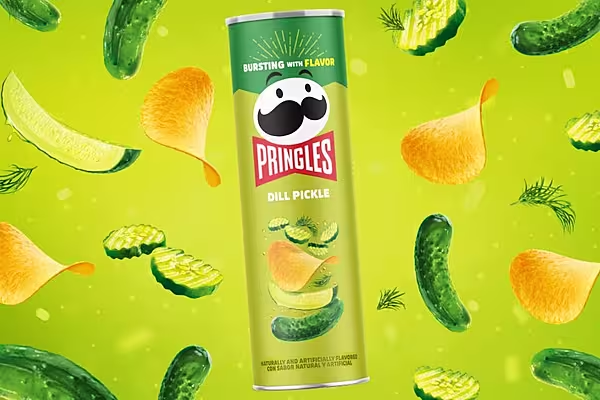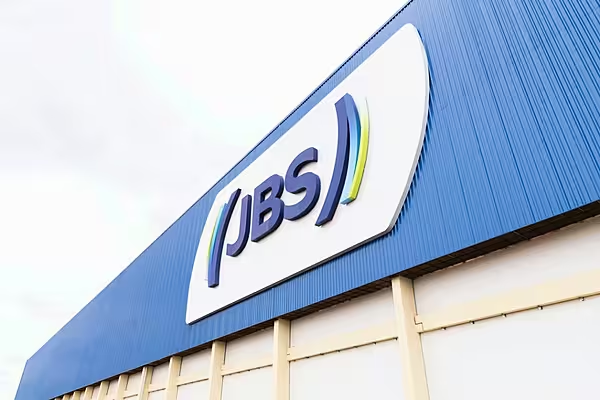Pet food company Royal Canin has committed to become certified carbon neutral by 2025 with its first product range aiming to be certified carbon neutral by 2022.
Recently, its parent company Mars, Incorporated, announced plans to achieve net zero greenhouse gas emissions across its entire value chain by 2050.
Paris Agreement
In view of the important role that the business plays in supporting the Paris Agreement, Royal Canin – Mars’ largest brand – will achieve carbon neutrality by prioritising meaningful action on reducing the carbon footprint of its full value chain and by investing in certified carbon credits.
The pet food expert plans to use the PAS 2060 standard for carbon neutrality, a robust and internationally recognised standard, and the brand will report transparently and regularly on its journey.
Loic Moutault, president of Royal Canin, said, "As experts in cat and dog nutrition, we have been guided by science for the last fifty years. It is science-led initiatives and decisive action, not just ambition, which will help us hit our 2025 climate target.
"We believe that making this bold carbon neutral commitment will inspire and mobilise new and impactful ideas, action and results across Royal Canin’s global value chain that will help us improve our environmental footprint and make a meaningful positive difference to pets, people and the planet."
Carbon Neutrality
Royal Canin will focus on some key action areas to achieve carbon neutrality by 2025, including the transition to renewable electricity, procuring sustainable ingredients, reducing waste and boosting circularity, among others.
The company commenced its transition to renewable electricity two decades ago and currently 72% of the business’ electricity comes from renewable sources.
Three-quarters of Royal Canin’s carbon footprint can be traced back to its ingredient supply chains. Hence the brand seeks to reduce its GHG emissions through the reformulation of its products, including switching to low-carbon intensity ingredients without compromising on quality or safety.
It has also undertaken measures to boost recyclability, compostability, and the use of reusable packaging in alignment with Mars’ ambitious packaging sustainability goals.
Royal Canin will also integrate climate-smart management practices, such as linking remunerations of senior executives to climate actions and delivering emissions reductions, setting an internal price on carbon to generate resources and drive action to reduce emissions, and science-based methodology that enables the group to measure the carbon footprint of its products worldwide, enabling climate-smart decision-making regarding formulation, ingredients, raw materials, and logistics.
The brand will invest in high-quality, removals–based certified carbon credits for residual emissions that it cannot completely remove or reduce.
The use of removals–based credits will align with the SBTi (Science Based Targets) Net Zero Foundations paper.
Fabrice Mathieu, global sustainability director at Royal Canin, said, "We consider carbon neutrality a necessity for future generations, and it is our responsibility to contribute to this effort. We know this journey won’t be easy, but we’re committed to taking action to reduce our footprint and making the investments needed together with partners across our value chain worldwide."
Mars' Sustainable In A Generation Plan
Royal Canin’s announcement builds on Mars’ Sustainable in a Generation Plan to mitigate its impact on the health of the planet and global communities.
Mars has stepped up its commitment to achieve net zero GHG emissions in its full value chain by 2050, including Scope 3 emissions such as those created by agriculture and suppliers, through to emissions from consumers using its iconic household brands such as Royal Canin.
This advances Mars’ previous commitment to reduce emissions by 67% by 2050 in its full value chain, while retaining a short-term target to achieve a 27% reduction by 2025.
© 2021 European Supermarket Magazine. Article by Conor Farrelly. For more A-Brands news, click here. Click subscribe to sign up to ESM: European Supermarket Magazine.














